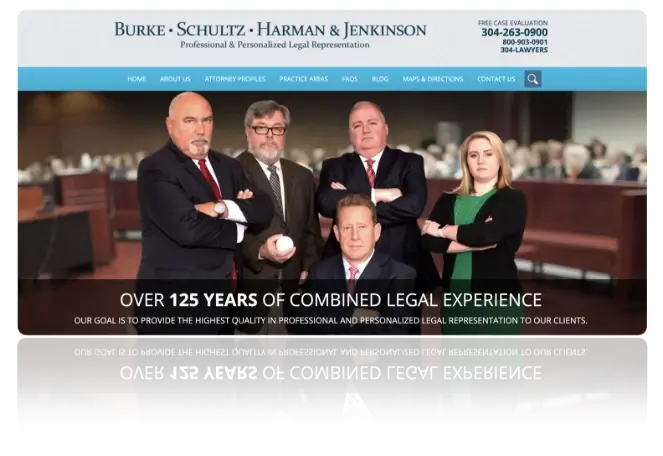Law Commentary - California Edition
NY Parents Sentenced in Their Son’s Deadly Car Crash
The parents of a teen driver who was involved in a car crash that turned deadly last year have been sentenced following guilty pleas on charges in connection with their son’s actions.
Sean Smith, 40, and Deo Ramnarine, 43, are the parents of a 17-year-old boy who was behind the wheel during the deadly car crash last year. In the vehicle with the teen was 14-year-old Fortune Williams. Williams died from injuries she sustained in the crash. The teenage boy’s name has not been released because he is a minor.
Although the teenager and Williams were the only two individuals in the vehicle at the time of the crash, a judge inside a Queens criminal courtroom charged the teen’s parents in connection with the accident earlier this week. Both parents pleaded guilty to charges related to child endangerment. Ramnarine also pleaded guilty to a charge of disorderly conduct.
The teen's father was sentenced to three years probation, and both parents must complete a 26-week parenting class.
The deadly crash happened on May 17, 2023, when the teen driver, who was 16 at the time, was allegedly behind the wheel of a BMW his parents had gifted him. The teenage boy was allegedly traveling over a hundred miles an hour when he lost control of his vehicle while switching lanes and crashed into a truck (the criminal case against the teen has not concluded, so these alleged facts have not been proven in court). Williams was ejected from the vehicle and died at the scene after sustaining a traumatic head injury and other injuries.
Although the teenage boy’s parents were not at the scene of the crime, officials say that they still bear responsibility for their son's actions. Queens District Attorney Melinda Katz shared in a statement, "This is a situation, a very particular one. Both parents had notice of the fact their child didn't have a license. They chose to give him a BMW. They chose not to have restrictions on how their child could drive the car.”
At the time of the crash, the teenage boy held a junior driver's license. This type of New York driver’s license comes with many restrictions for driving upstate, and it is illegal to drive in New York City on a junior driver’s license. Months earlier, the teen boy had been ticketed for driving without a license and operating a portable electronic device while behind the wheel.
Katz also highlights that the teen boy's mother had been alerted by the school that her son was seen driving to school.
The teenage boy’s case is ongoing. If convicted on charges including manslaughter and other offenses, he could face up to 15 years behind bars.
While parental responsibility laws exist in variations in every state, this is one of a handful of cases where a child’s parents have been held accountable for their child’s criminal actions. Most recently, the parents of the Oxford High School shooter in Michigan in 2021 became the first parents to be held criminally liable for a school shooter’s actions. The parents, Jennifer and James Crumbley, were both sentenced to ten years behind bars for their son’s rampage that left four students dead.
© 2024 LawCommentary.com. All rights reserved.

